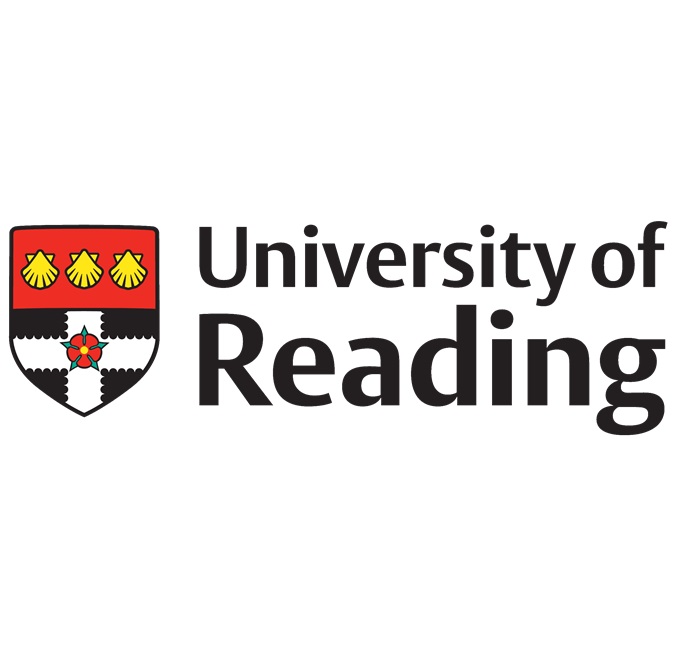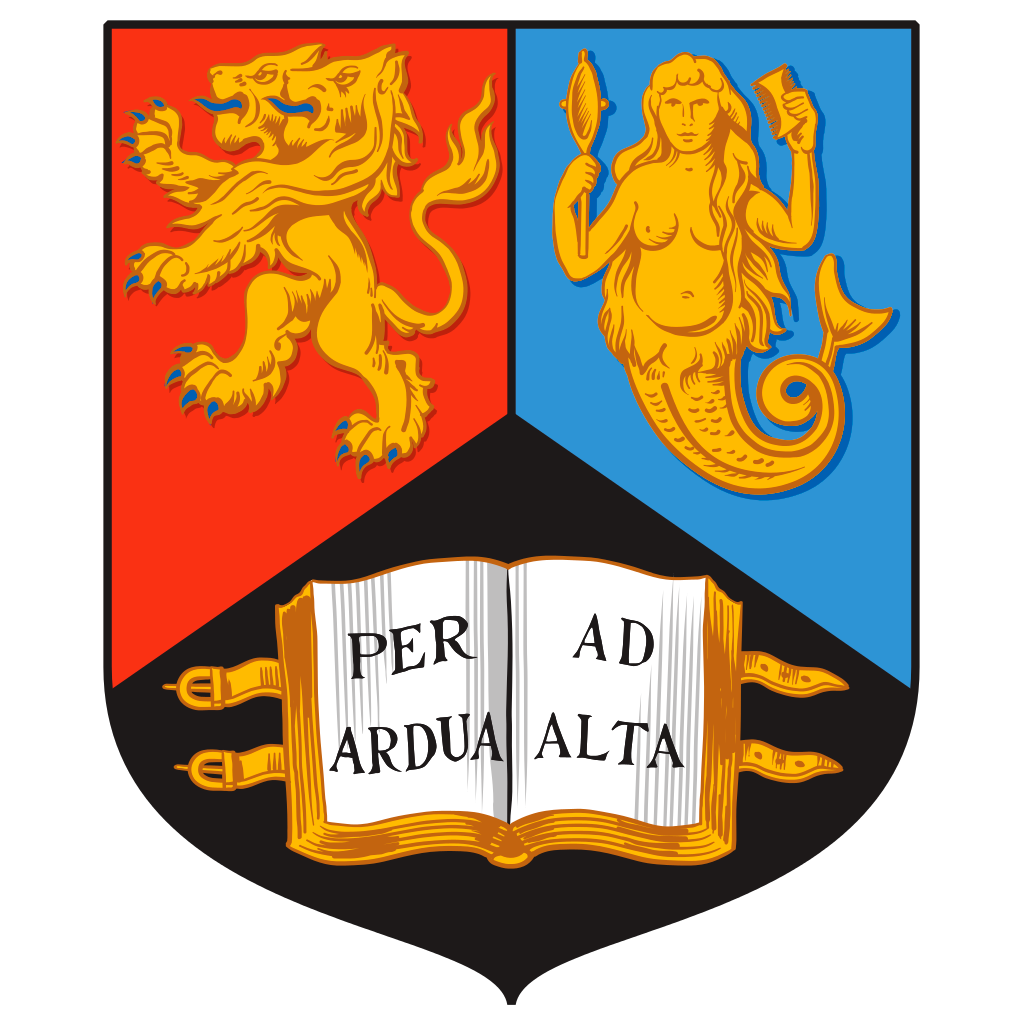Core modules
You will study three core modules:
Historical Approaches
This module provides students with an advanced introduction to some of the ways in which historians have approached a range of prominent themes within the modern historical discipline, such as religion, gender, race, class, community, and conflict. The module introduces these themes through a mixture of case studies and background reading and information, with an emphasis on historiographical development and a range of different theoretical, methodological and interdisciplinary influences, such as sociology, anthropology, the material turn, etc. Each week students are guided in reading influential texts that relate to one of these key themes, and students then meet in small seminar groups to discuss a mixture of historiographical case studies and additional theoretical background.
Assessment: 4,000 word review of approaches to one of the themes covered by the module in your own chosen historical field
Research Preparation
This module is designed to deliver three complementary strands, with the ultimate aim of supporting students on the MA History to design, plan and research an ambitious dissertation topic. The first strand is a series of lectures on key research skills in the historical discipline, ensuring that students are confident when it comes to aspects of research design such as defining a topic, reviewing secondary literature, identifying and accessing appropriate primary sources, etc. The second strand is a series of seminars designed to support specialist sub-disciplinary skills relating to (for example) chronological period or a particular geographical area or methodological approach. The third strand is a series of one-to-one supervisions with an academic advisor, to offer the student guidance and feedback as they devise their own unique research project, and lay the groundwork for their masters dissertation. The module also helps students to develop important skills in presenting and articulating their research to a larger non-specialist audience.
Assessment: 3,000-word literature review (75%), 10 minute oral presentation (25%)
Critical Histories of the Present
This module offers a detailed examination of aspects of global history over the past century. It takes its cue from a growing literature that sees 'globalisation' as a key feature of the contemporary world. Globalisation is, however, approached both critically and historically. The module follows a loosely chronological structure with emphasis on key processes that have shaped, and often continue shaping, the contemporary world. Seminar topics may include those such as the rise of mass culture, mass politics, and consumerism through the early decades of the 20th century; the main strands of totalitarian ideology and liberal democracy; decolonisation and development; environmentalism, the Civil Rights movement, and various forms of activism; the rise and fall of the Cold War as a global phenomenon; the Arab Spring; Neoliberalism, and the rise of new authoritarianism in the age of Post-Truth. The module not only introduces students to key periods, processes and events of major importance to contemporary history, but does so with emphasis on conceptual and analytical approaches that go beyond any single case study. Documentary sources will be used where appropriate and full consideration will be given to historiographical debates.
Assessment: 4,000 word assessed essay
Optional modules
If you choose to study the Contemporary History pathway you must choose at least 20 credits from the Contemporary History or Special Subject lists below.
These lists are indicative; not all modules will run each year depending on staff availability.
Contemporary History
Gross Indecency to Gay Marriage? Gender and Sexual Minorities 1885 to the Present
From the OSS to Snowden: A History of American Intelligence Agencies since 1945
‘A Holiday from Reality’: A History of Drugs and Drug Use in the Modern Era
Britain’s Wars of Colonisation and Decolonisation
Conflict in the Modern Middle East
Indigenous and Settler Histories
An Interdisciplinary Perspective
Insurgencies in Global History
Sex and Sexualities in the Modern British World
Bread, Wine and Barricades: Freedom, Ecology and the Nature of Modern France
China in Revolution: China under Mao (1949-1976)
Gender and Sexuality in the 20th Century United States
Body Politics
Special Subjects
If you choose a Special Subject as an option, you must take two co-requisite modules to the total of 40 credits. Topics available in recent years have included:
Global Cities and Urban Lives, 1690-1914 (Masters) A
Global Cities and Urban Lives, 1690-1914 (Masters) B
The Lure of the Modern: China Between Tradition and Modernity (1839 to the Present Day): Sources (A)
The Lure of the Modern: China Between Tradition and Modernity (1839 to the Present Day: Essays (B)
Empire-wallahs: India in the British Imagination (Masters): A
Empire-wallahs: India in the British Imagination (Masters): B
Any remaining credits can be taken from the wide range of History options. It is also possible to select options offered by other departments such as African Stuides, Classics and Ancient History, Cultural Heritage, Modern Languages, Art History or English - with the approval of the Programme Director. See an indicative list of options.
Dissertation
In addition to your taught modules, you will conduct a piece of independent research with the support of a supervisor, culminating in a 15,000-word dissertation. The dissertation is the culmination of the MA: the moment when you put into practice the skills and knowledge you have built up in the previous modules, and the moment when you take wing as an independent historian. Your dissertation must be on a topic within the pathway area of specialism.
Please note that the optional module information listed on the website for this programme is intended to be indicative, and the availability of optional modules may vary from year to year. Where a module is no longer available we will let you know as soon as we can and help you to make other choices.
Show less









